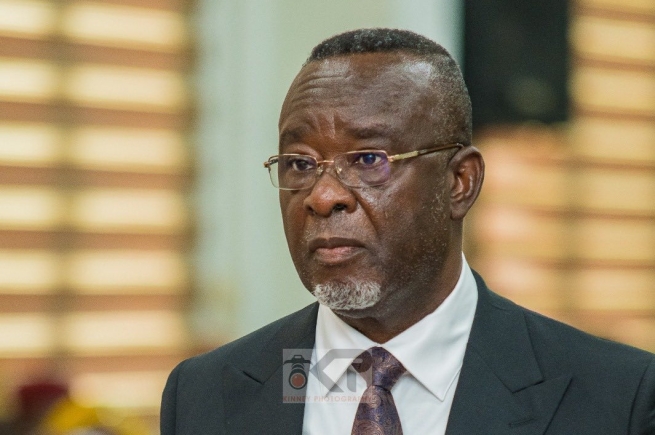
Justice Baffoe-Bonnie proposes holding presidential election in November to allow Supreme Court settle disputes before January 7 inauguration
Chief Justice nominee, Justice Paul Kwadwo Baffoe-Bonnie, has proposed holding Ghana’s presidential election earlier in November, preferably on the 7th or 8th, to give the Supreme Court adequate time to settle any election dispute before the swearing-in of a new president on January 7.
Appearing before Parliament’s Appointments Committee on Monday [Nov 11, 2025], Justice Baffoe-Bonnie said the current electoral timetable leaves little room for the court to hear and settle disputes before the inauguration date.
He told the committee that holding elections earlier would allow all legal challenges to be determined before a new president takes office.
He said the idea came from wide consultations among stakeholders discussing electoral justice reforms.
“We came to the conclusion that it should be possible to have the election petition concluded before 7 January, the inauguration day,” he said.
“The first suggestion that came, which we think was a masterstroke, was that we should have the elections on 7 or 8 November.”
Justice Baffoe-Bonnie explained that moving the polls to early November would create a 57-day window between the declaration of results and the inauguration, which would be enough time to handle any petitions under the 42-day limit set by Constitutional Instrument 99 (CI 99).
“If we have the elections on the 7th or the 8th of November, by the 10th the results would have been declared,” he said. “That gives us 20 more days before November ends, then 31 days of December, and six days of January — a total of 57 days.”
Justice Baffoe-Bonnie, who has chaired the Election Management Committee of the Judicial Service since 2020, said lessons from the 2013 and 2020 election petitions informed the proposal.
He recalled that the 2013 petition lasted almost eight months and admitted that the court’s decision to include a political party as a respondent slowed the process, describing it as “one of the greatest mistakes we made in that particular trial.”
He also proposed procedural changes such as allowing the electronic service of court documents to speed up election petition hearings.
“Instead of waiting one week for the response, we can reduce that number of days to, let’s say, four,” he said. “By the time we get to about the 30th of November, pleadings would have closed, issues would have been settled, and the trial would begin.”
Justice Baffoe-Bonnie said such reforms would need Parliament’s involvement, especially in revising the relevant legislative instruments.
“We shall need the inputs of Parliament when it comes to LIs and CIs to be prepared,” he told the committee.
He added that his main objective is to promote a judicial process that delivers fair and timely justice.
“In a trial like that, we can say it should take no more than two weeks. And once two weeks are there, judgment should be given within one week,” he said. “That way, by 7 January, we will have our President who will strike the sword and swear to his people.”
